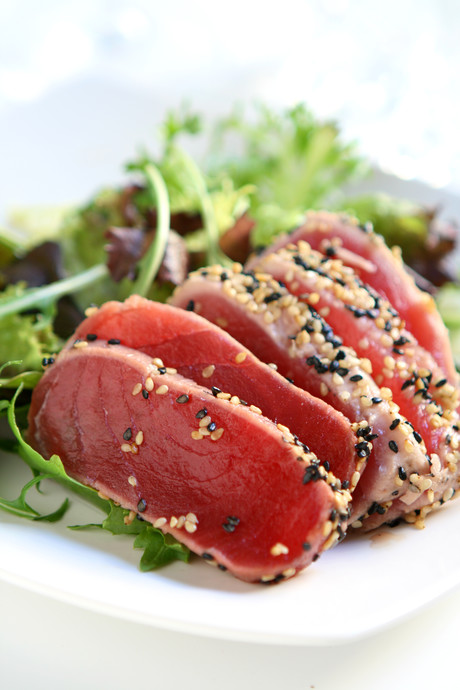One third of Aussies at risk of Listeria infection

Knowledge about Listeria remains fairly limited despite the fact that one in three Australians are at risk of getting potentially fatal Listeria infection or live in a household with someone at risk.
A nationwide survey of 1257 people, conducted by Omnipoll on behalf of the Food Safety Information Council (FSIC), revealed that 33% of the households at risk had never heard of Listeria infection, and 20% couldn’t name any foods that were a Listeria risk.
Listeria infection is a potentially deadly form of food poisoning and poses a significant risk for pregnant women, the elderly and those with a compromised immune system, such as anyone suffering with diabetes, cancer and organ transplant patients.
The survey also found that awareness was higher among females (68%) than males (53%), and increases with age and education.
Rachelle Williams, FSIC Chair, said: “This is a timely reminder that food poisoning isn’t just a minor stomach upset but it should be taken seriously as it can be deadly. The Listeria outbreak linked to Australian rockmelons earlier this year resulted in 7 tragic deaths and a miscarriage. This was followed by a recall of imported frozen vegetables which was linked to 47 listeriosis cases and 9 deaths in Europe and 1 death in Australia.
“Listeria are bacteria that are widely found in the environment so most raw foods are likely to be contaminated,” she continued.
However, the bacteria is easily killed by cooking, and Williams recommended cooking or avoiding the following foods:
- Unpackaged, ready-to-eat meats from delicatessen counters and sandwich bars; packaged, sliced ready-to-eat meats; cold cooked chicken purchased ready to eat, whole, diced or sliced and refrigerated paté or meat spreads.
- All soft, semi soft and surface ripened cheeses eg, brie, camembert, ricotta, feta and blue (pre-packaged and delicatessen), unpasteurised dairy products such as raw milk or cheeses and soft serve ice-cream.
- Pre-prepared or pre-packaged cut fruit and vegetable salads eg, salads sold in bags or containers or from salad bars, shops or buffets; pre-cut fruit and vegetables that will be eaten raw; frozen fruit or vegetables that may not be further cooked (eg, berries, peas, sweet corn); rockmelon/cantaloupes (whole or cut); and bean or seed sprouts.
- Raw seafood (eg, oysters, sashimi or sushi); smoked ready-to-eat seafood; ready-to-eat peeled prawns (cooked) eg, in prawn cocktails, sandwich fillings; prawn or seafood salads; and seafood extender.
Williams also encouraged households to follow food safety tips to reduce their risk of Listeria infection as well as other forms of food poisoning:
- Always wash your hands with soap and running water and dry thoroughly before handling food and keep food utensils and cooking areas clean.
- Unlike most other food poisoning bacteria, Listeria can grow at refrigeration temperatures, so ready-to-eat food or leftovers should never be stored in the fridge for more than 24 hours. Since Listeria grows slowly in the fridge, it will do so only very slowly at cold temperatures so make sure your refrigerator is keeping your food at or less than 5°C.
- Avoid refrigerated foods that are past their ‘use by’ date.
- Refrigerate leftovers promptly and use within 24 hours or freeze.
- Always look for cooking and storage instructions on the food package label and follow them when provided.
- Cook high-risk foods such as poultry, minced meat, sausages, hamburgers and leftovers to 75°C.
- Cook egg dishes, such as quiche, to 72°C in the centre (or until the white is firm and the yolk thickens).
- Cook frozen fruit and vegetables.
Those unsure whether their condition or medication puts them at risk should consult with a GP, follow safety advice and test their Listeria knowledge here.
The research was released as part of Australian Food Safety Week, held 10–17 November 2018.
Call for comment on infant formula products
FSANZ is calling for comment on an application to permit a new GM source organism for the...
GNT Ventures seeks startups to shape food colour innovations
Plant-based food colour supplier EXBERRY has launched an independent investment firm which will...
Fermenting future food sources for Australia
Forming a National Food Plan and appointing a food minister are among the key recommendations of...














